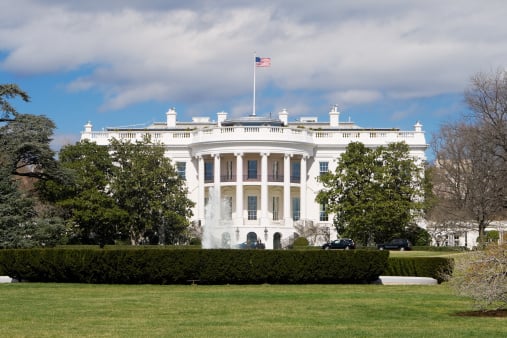Economy
As War Risk Falters: Syria's Economy by the Numbers
Published:
Last Updated:
The United Kingdom has decided to refrain from an attack on Syria, although the United States may go it alone (or perhaps with France.) Obama has agreed to pass the decision to Congress which will debate the matter no earlier than September 9. And in Congress, Obama could lose his chance to punish Syria for its use of gas which killed over 1,400 people, altogether. A limited military action, if approved, could blunt the use of these chemical weapons. However, it could add to the violence and instability in the entire region. Whether or not Syria’s government is affected, its economy is bound to worsen, probably faster than the turmoil so far has caused already. Source: thinkstock
Source: thinkstock
From the standpoint of these economic consequences, Syria’s gross domestic product (GDP) and imports and exports will have no effect on the economy in the rest of the world. It is too small.
On the basis of nominal GDP, Syria ranks 63rd among all countries, according to the International Monetary Fund (IMF). The nation’s GDP last year was a mere $74 billion, making it smaller on that basis than Ecuador and Morocco. The country’s population is just above 22 million. Syria has walled off access to its data, as far as the IMF is concerned, which means little can be determined about how badly it has been damaged recently. The IMF reported on August 2:
On July 26, 2013 the Executive Board of the International Monetary Fund (IMF) was informed that there could not be a briefing to the Board with an assessment of economic developments and policies in Syria, whose Article IV consultation is delayed by 26 months, due to a lack of adequate information that would allow staff to make such an assessment.
The World Bank has had slightly more success, as it reported in April:
The impact of the crisis on the economy is significant, which may, according to unconfirmed estimates have contracted 3 percent in 2011 and about 20 percent in 2012. Most affected by the conflict, as well as by the subsequent international sanctions, were tourism, retail trade, transportation, communications, mining and manufacturing.
The agency added:
Declining oil revenue following the imposition of sanctions on Syrian oil imports by the European Union as well as a significant economic contraction is also putting government finances under pressure. Latest data released by the International Energy Agency shows that oil output was consistently below 200,000 barrels per day (bpd) in 2012, compared to 400,000 bpd in 2009.
Even if the government can support itself by using money from falling sales of oil, the general population does not have any similar recourse to counter the effects of those things that erode consumer spending.
The CIA Facebook confirms not only the trouble with the Syrian economy, it also cements the nation as a third-world one that will not emerge from that status under current circumstances. The CIA evaluation also confirms how little Syrian GDP matters to the rest of the world.
Despite modest economic growth and reform prior to the outbreak of unrest, Syria’s economy continues to suffer the effects of the ongoing conflict that began in 2011. The economy further contracted in 2012 because of international sanctions and reduced domestic consumption and production, and inflation has risen sharply. The government has struggled to address the effects of economic decline, which include dwindling foreign exchange reserves, rising budget and trade deficits, and the decreasing value of the Syrian pound. Prior to the unrest, Damascus began liberalizing economic policies, including cutting lending interest rates, opening private banks, consolidating multiple exchange rates, raising prices on some subsidized items, and establishing the Damascus Stock Exchange. The economy remains highly regulated by the government. Long-run economic constraints include foreign trade barriers, declining oil production, high unemployment, rising budget deficits, and increasing pressure on water supplies caused by heavy use in agriculture, rapid population growth, industrial expansion, and water pollution.
In sum, it is small, troubled and getting worse.
Are you ready for retirement? Planning for retirement can be overwhelming, that’s why it could be a good idea to speak to a fiduciary financial advisor about your goals today.
Start by taking this retirement quiz right here from SmartAsset that will match you with up to 3 financial advisors that serve your area and beyond in 5 minutes. Smart Asset is now matching over 50,000 people a month.
Click here now to get started.
Thank you for reading! Have some feedback for us?
Contact the 24/7 Wall St. editorial team.